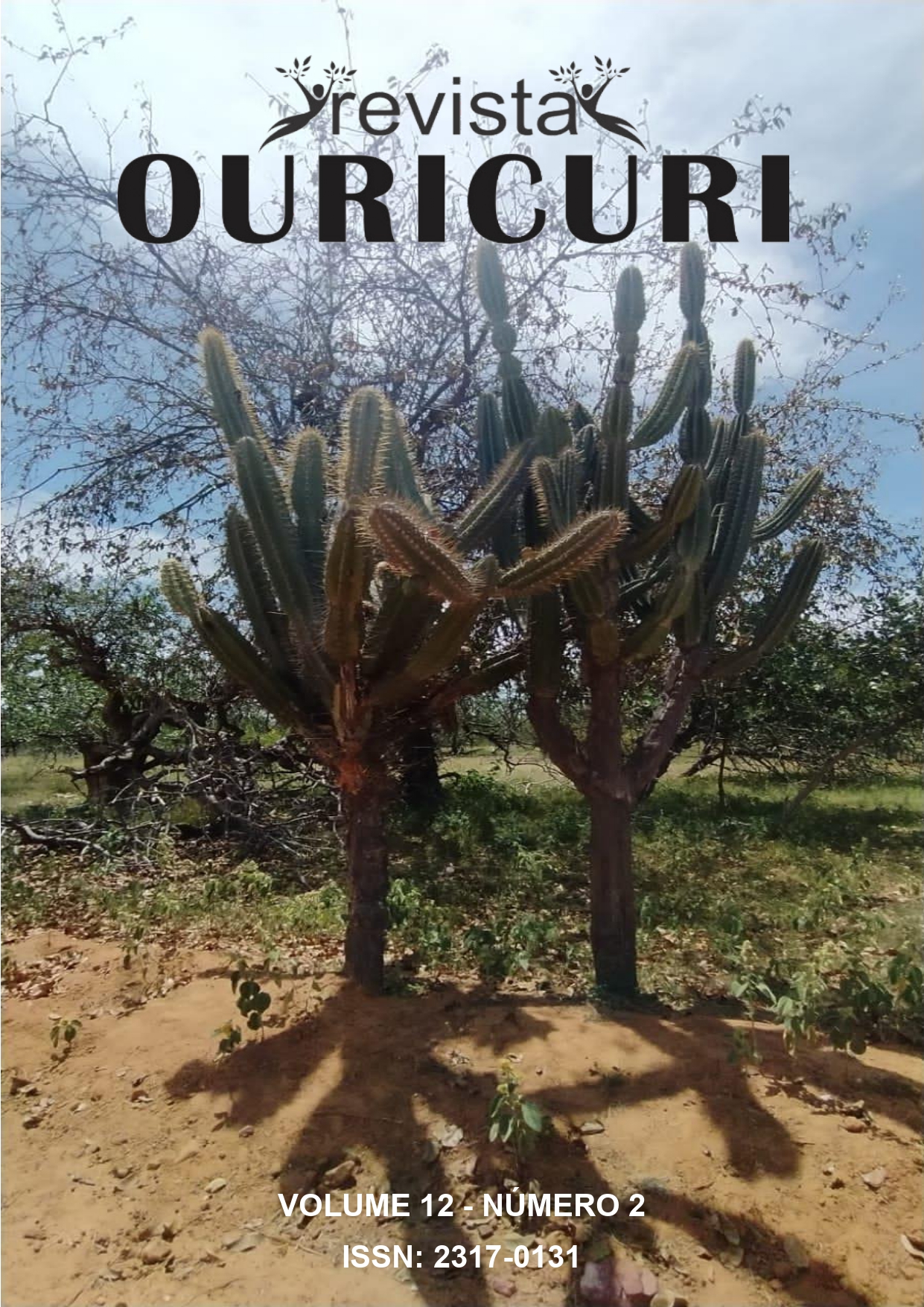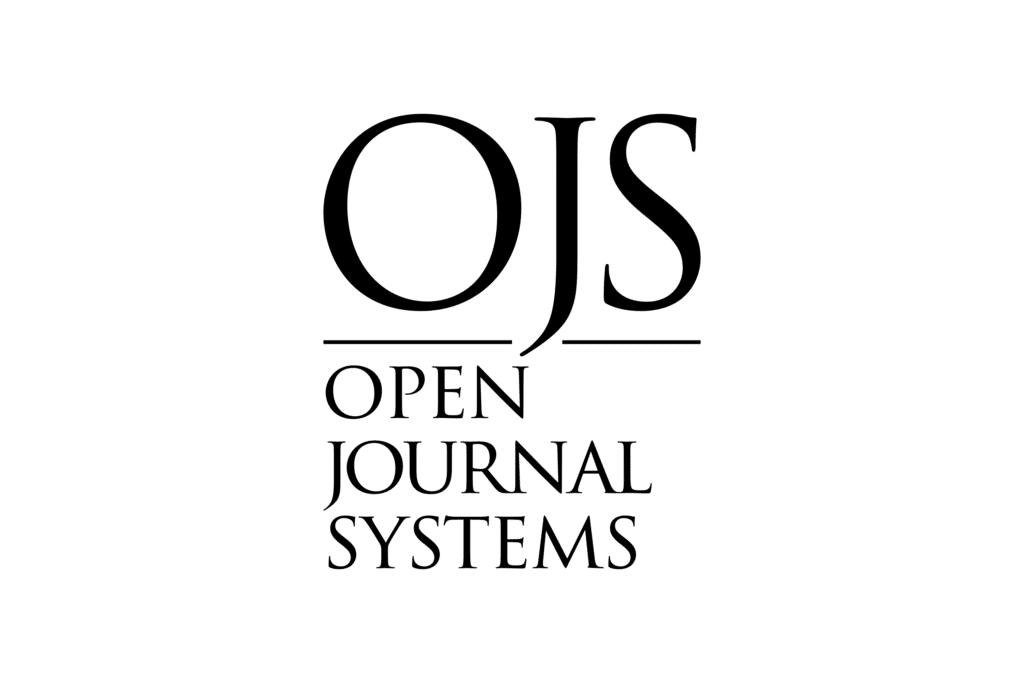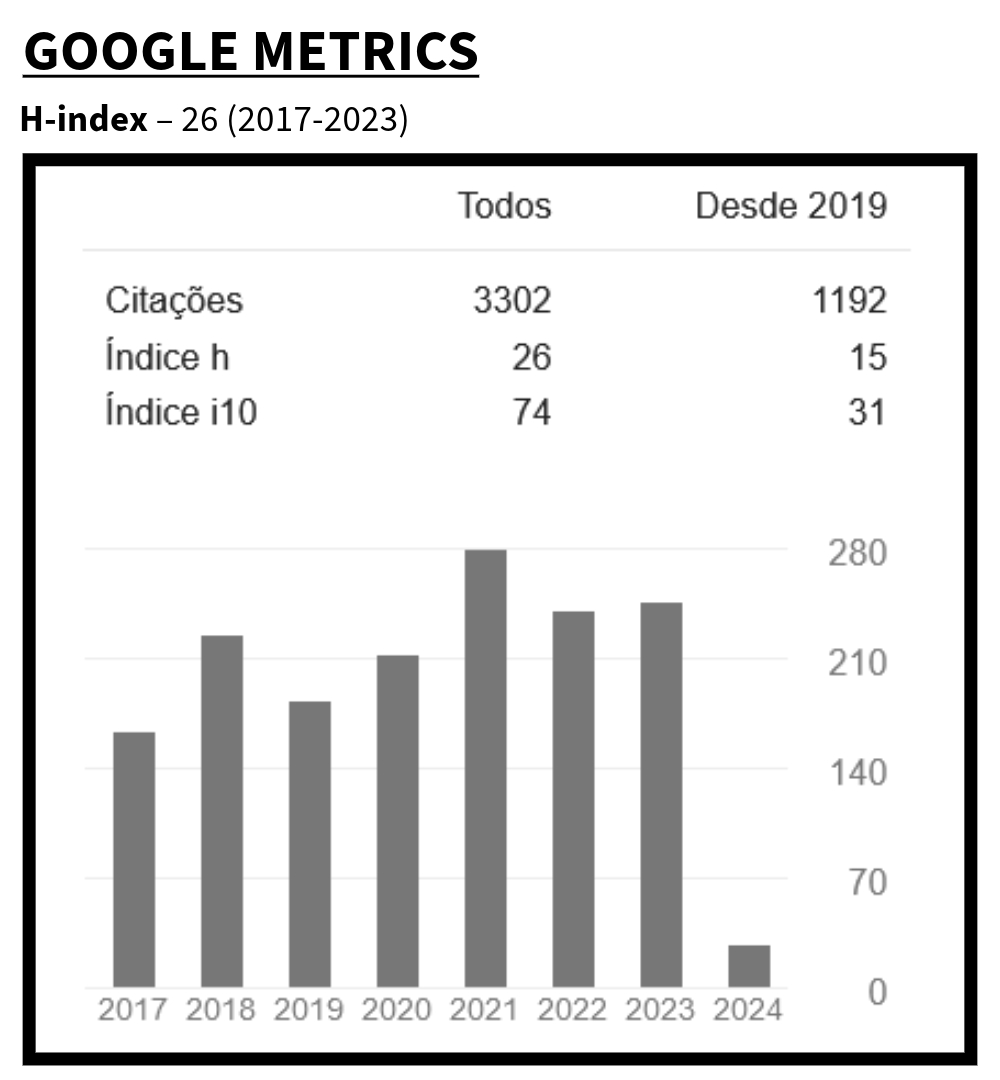CLOSED HORIZONTAL CONDOMINIUMS IN XANGRI-LÁ/RS:
ENVIRONMENTAL IMPACTS AND THE (RE)CONSTRUCTION OF SEASIDE SPACE PRACTICES
DOI:
https://doi.org/10.29327/ouricuri.12.2-8Keywords:
Closed Horizontal Condominiums, Landscape, Environmental Impacts, Urbanization, MetropolizationAbstract
This article starts from some empirical observations and aims to make brief considerations about some characteristics of the recent urbanization/metropolization process in Xangri-Lá/RS. Municipality that stands out for its pioneering spirit and the profusion of closed horizontal condominiums in recent years. We will approach the processes that take place under the aegis of this type of real estate development from a double perspective: on the one hand, we will focus on the impacts on the coastal landscape, which involves indicating the potential and some damages to the environment of this portion of the coast of Rio Grande do Sul; from another perspective, we will analyze it as complex socio-spatial products, endowed with attributes of the metropolis, fruits of a moment of capitalism. For that, we carried out a bibliographic survey, and used other qualitative methods such as field research that subsidize the description and analysis of territoriality, material and immaterial, that occurs by the sea.
Downloads
Downloads
Published
How to Cite
Issue
Section
License
Authors who publish in this journal agree to the following terms:
a) Authors maintain copyright and grant the magazine the right of first publication, with the work simultaneously licensed under the Creative Commons Attribution License which allows sharing of the work with recognition of authorship and initial publication in this magazine.
b) Authors are authorized to enter into additional contracts separately, for non-exclusive distribution of the version of the work published in this journal (e.g., publishing in an institutional repository or as a book chapter), with recognition of authorship and initial publication in this journal.
c) Authors are allowed and encouraged to publish and distribute their work online (e.g. in institutional repositories or on their personal page) as this can increase the impact and citation of the published work (See The Effect of Open Access).













 B1 (2017-2020)
B1 (2017-2020)



















